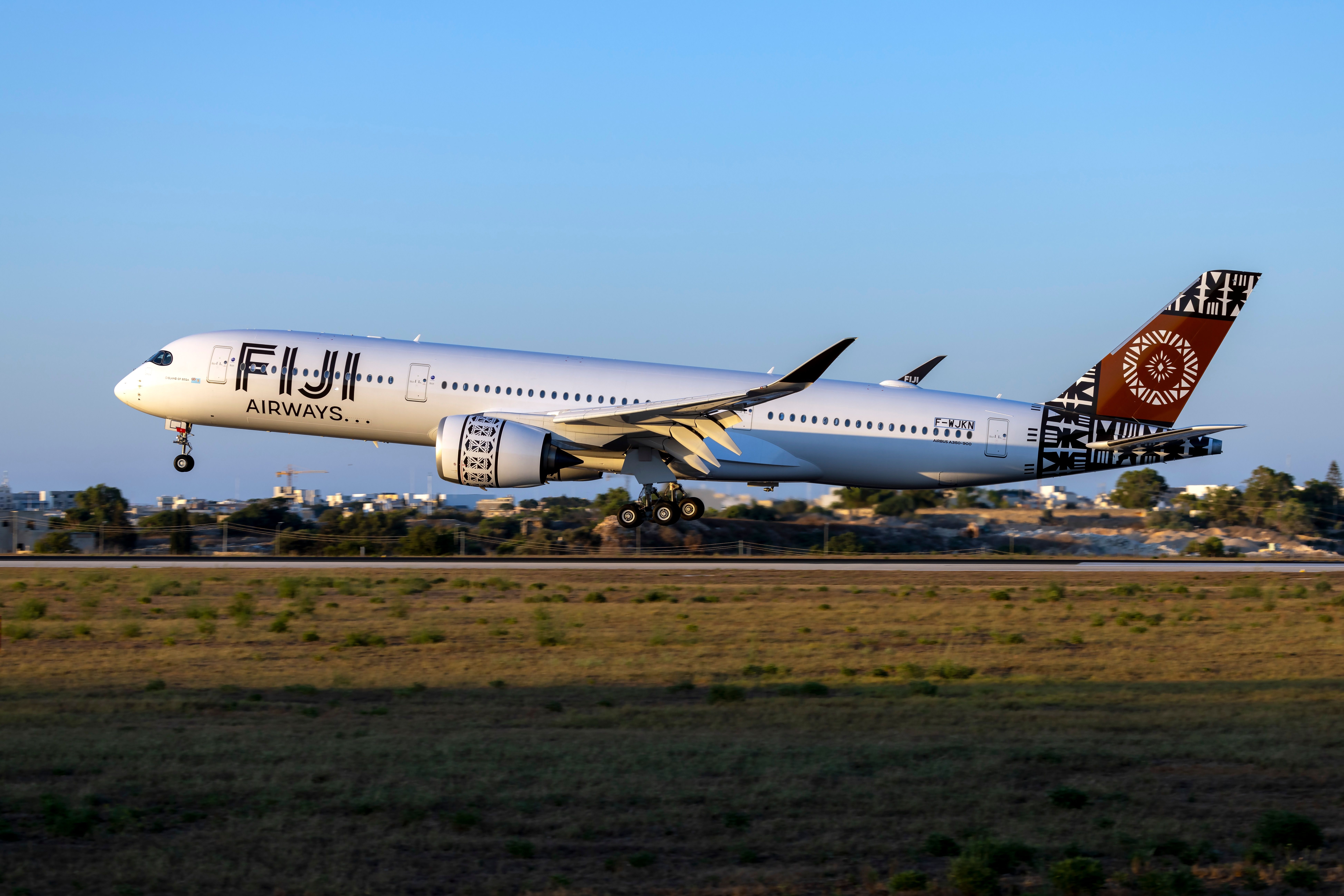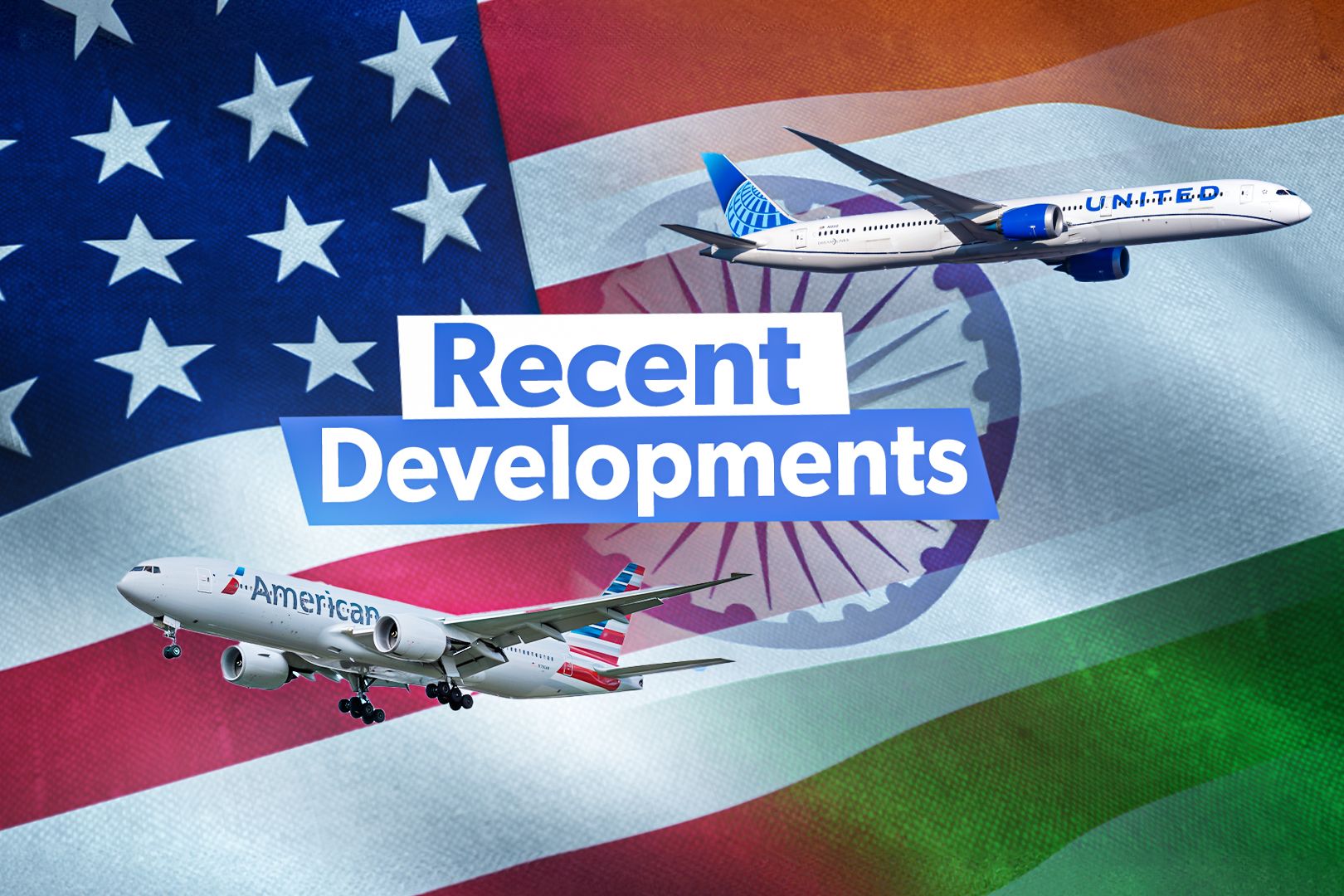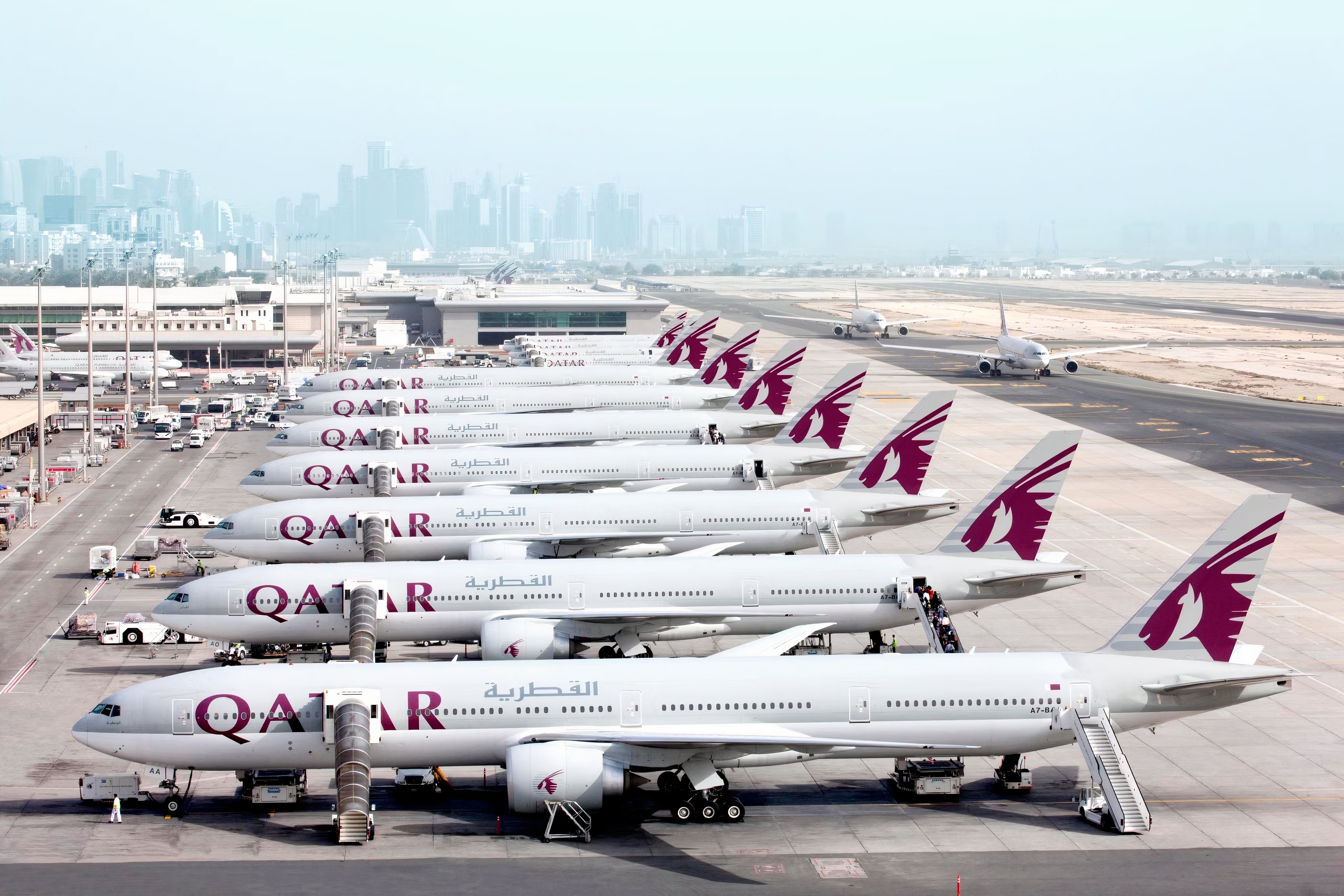Thursday, August 22, 2024 Australia’s air travel market is bracing for a significant shift as Rex Airlines, the regional carrier that entered the major-city market just three years ago, teeters on the edge of collapse. The Australian Competition and Consumer Commission (ACCC) has raised concerns that the departure of Rex from capital city routes could lead to a sharp increase in airfares, as competition dwindles and the market becomes more concentrated. Rex, formally known as Regional Express, made a bold move into the capital city market in 2021, shaking up Australia’s aviation industry.
Before Rex’s entry, the major city routes were dominated by Qantas, its subsidiary Jetstar , and Virgin Australia . The arrival of Rex provided a much-needed jolt of competition, driving down prices and giving travelers more choices. According to the ACCC, Rex’s presence on several intercity routes led to a significant reduction in airfares.

The watchdog reported that the average price per passenger dropped by around 25% on the routes where Rex operated. This competitive pressure forced the dominant airlines to lower their prices, benefiting consumers across the board. However, Rex’s venture into the metropolitan market has been short-lived.
The airline, already burdened by the challenges of the highly competitive aviation industry, was further strained by the economic fallout from the COVID-19 pandemic. On July 30, 2024, Rex appointed administrators from EY Australia as it struggled under the weight of $500 million in debt. Consequently, the airline grounded its Boeing 737 fleet, halting its operations on major metropolitan routes.
With Rex on the brink of collapse and the earlier demise of budget carrier Bonza, the ACCC has expressed serious concerns about the lack of competition in Australia’s air travel market. The exit of these two airlines means that many routes will now be served by only two competitors—Qantas (and its subsidiary Jetstar) and Virgin Australia. This reduction in competition is likely to lead to higher airfares, particularly on the previously contested routes.
“Airfares are generally lower where there is more competition on a route,” the ACCC stated in its latest airline competition report. The regulator highlighted that Rex’s exit would result in a significant loss of competitive pressure on 13 major routes, potentially leading to increased costs for travelers. While the full impact of Rex’s departure on airfares is yet to be seen, the ACCC has indicated that it will closely monitor the situation.
In recent months, domestic airfares had been trending downwards, with prices dropping by 5.2% in June 2024 compared to the same period a year earlier. However, with Rex out of the picture, there is a genuine concern that this downward trend could reverse, particularly on the routes that Rex had entered.
Despite the grim outlook, Rex’s administrators remain hopeful that a solution can be found to save the airline. EY Australia, the administrators appointed to oversee Rex’s operations, are currently exploring options for the airline’s future. On Friday, they are set to appeal to the Federal Court for an extension of the convening period, which would allow more time to secure a buyer or recapitalize the business.
The administrators believe that the best outcome for Rex’s creditors—and potentially for the broader aviation market—would be a sale or recapitalization of the airline as a going concern. “It is our current view that the greatest return to creditors is likely to be derived from a sale or recapitalization of the business as a going concern,” they said in a statement. They have requested an extension until November 25, 2024, to finalize this process, although they expect to have a clearer picture within the next two weeks.
Should Rex be saved, either through a sale or additional investment, it could continue to operate its regional and intercity services, preserving the competitive landscape in Australia’s aviation market. However, if the airline is forced to fold, the consequences could be far-reaching, particularly for travelers who rely on affordable air travel between major cities. The Australian federal government has stepped in to offer some reassurance to travelers and regional communities that could be affected by Rex’s potential collapse.
The government has guaranteed all regional flight bookings with Rex, ensuring that passengers who have already purchased tickets will not be left stranded. Additionally, a further bailout has been discussed, but it would be contingent on Rex prioritizing its services to areas outside the capital cities, which aligns with the airline’s original focus on regional Australia. This government intervention underscores the importance of Rex to the regional communities it serves.
For many areas, Rex provides a vital connection to larger cities, supporting both business and leisure travel. The potential loss of these services could have a significant impact on these communities, further highlighting the need for a sustainable solution to the airline’s financial woes. In a somewhat positive development for the Australian aviation industry, the ACCC reported that for the first time in nearly four years, the country’s airlines have delivered a cancellation rate lower than the long-term industry average.
In May 2024, the cancellation rate was 2.1%, slightly below the long-term average of 2.2%.
This improvement in reliability is a welcome change for travelers who have faced significant disruptions in recent years. However, the report also noted that Qantas, one of the major players in the market, had the highest cancellation rate of any Australian airline in June 2024, at 3.3%.
This statistic highlights the ongoing challenges within the industry, even as overall performance improves. The potential collapse of Rex Airlines represents a critical juncture for Australia’s air travel market. The departure of this challenger airline from capital city routes could lead to a significant increase in airfares, reversing the gains made since 2021.
The ACCC’s warnings about reduced competition highlight the importance of maintaining a diverse and competitive market, not just for the benefit of consumers, but for the health of the industry as a whole. As Rex’s administrators seek more time to secure the airline’s future, the outcome of their efforts will be closely watched by both the aviation industry and the traveling public. Whether through government intervention, a strategic sale, or recapitalization, the hope is that a solution can be found to preserve the competitive dynamics that have kept airfares affordable for millions of Australians.
.



















